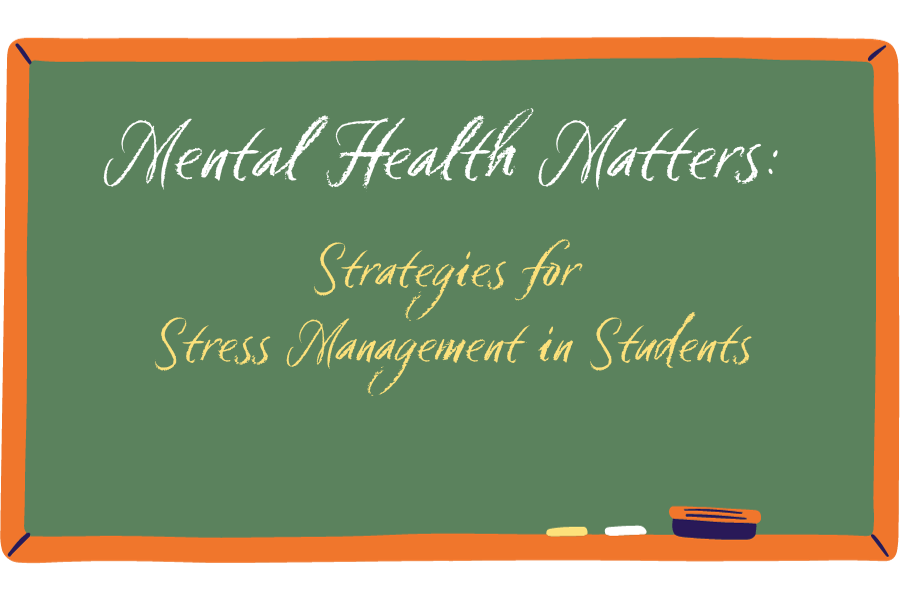Stress is an inevitable part of life, and managing it can be particularly difficult for students.
Stress levels can be influenced by a variety of factors, including expectations from society, individual responsibilities, and academic obstacles. It’s important to understand that stress can be a powerful motivator and an amplifier for personal development when successfully controlled.
Understanding what stress is and how it affects students is essential before launching into stress management strategies. The body’s natural reaction to difficulties and dangers is stress. Stress can improve concentration and performance in moderation. However, chronic stress can have harmful effects on physical and mental health, leading to burnout, anxiety, and depression.
Common Sources of Stress in Students Include:
1. Academic Pressure: Many students experience stress due to demanding courses, tests, and assignments.
2. Social Pressure: Interactions with peers, attending social gatherings, and worrying about missing out can all increase stress and anxiety.
3. Time management: Stress connected to managing time can result from balancing academics, part-time work, extracurricular activities, and personal life.
4. Family Expectations: Students’ stress might be worsened by pressures and expectations from families for academic achievement.
The following are some effective stress management techniques:
1. Time management: Create a timetable or use productivity tools to hone your time management skills. Set aside distinct periods of day for learning, unwinding, and socializing.
2. Prioritization: List your top priorities and concentrate on finishing them first. Utilizing this strategy may lessen feelings of overload.
3. Task Breakdown: Breaking down larger undertakings into smaller, more achievable steps can help you feel less stressed and intimidated.
4. Self-care activities: These activities may include: exercise, sufficient sleep, and a balanced diet. These routines can support maintaining both physical and emotional health.
5. Mindfulness and Meditation: Meditation and mindfulness practices can assist in clearing the mind, increasing focus, and lowering stress.
6. Seek Support: Reach out to friends, family, and school resources for support and direction if necessary. Stress can occasionally be reduced by talking to someone.
7. Set Achievable Goals: To avoid stress-inducing unrealistic expectations, set attainable goals for both your academic and personal life.
8. Time for Relaxation: Take part in enjoyable hobbies and activities to unwind and refresh. Downtime is crucial for lowering stress.
9. Practice Positive self-talk: Positive affirmations should be used to counter negative ideas. Stress levels can be lowered with an optimistic outlook.
Although stress is an unavoidable aspect of being a student, it doesn’t have to be burdensome. Students who successfully manage their stress are able to reduce its harmful effects and utilize its power as a motivator for success and personal growth. Keep in mind that it is crucial to look after both your mental and physical well-being and to get help when necessary. With the right tools and strategies, students can succeed in all aspects of their lives and overcome academic challenges.








